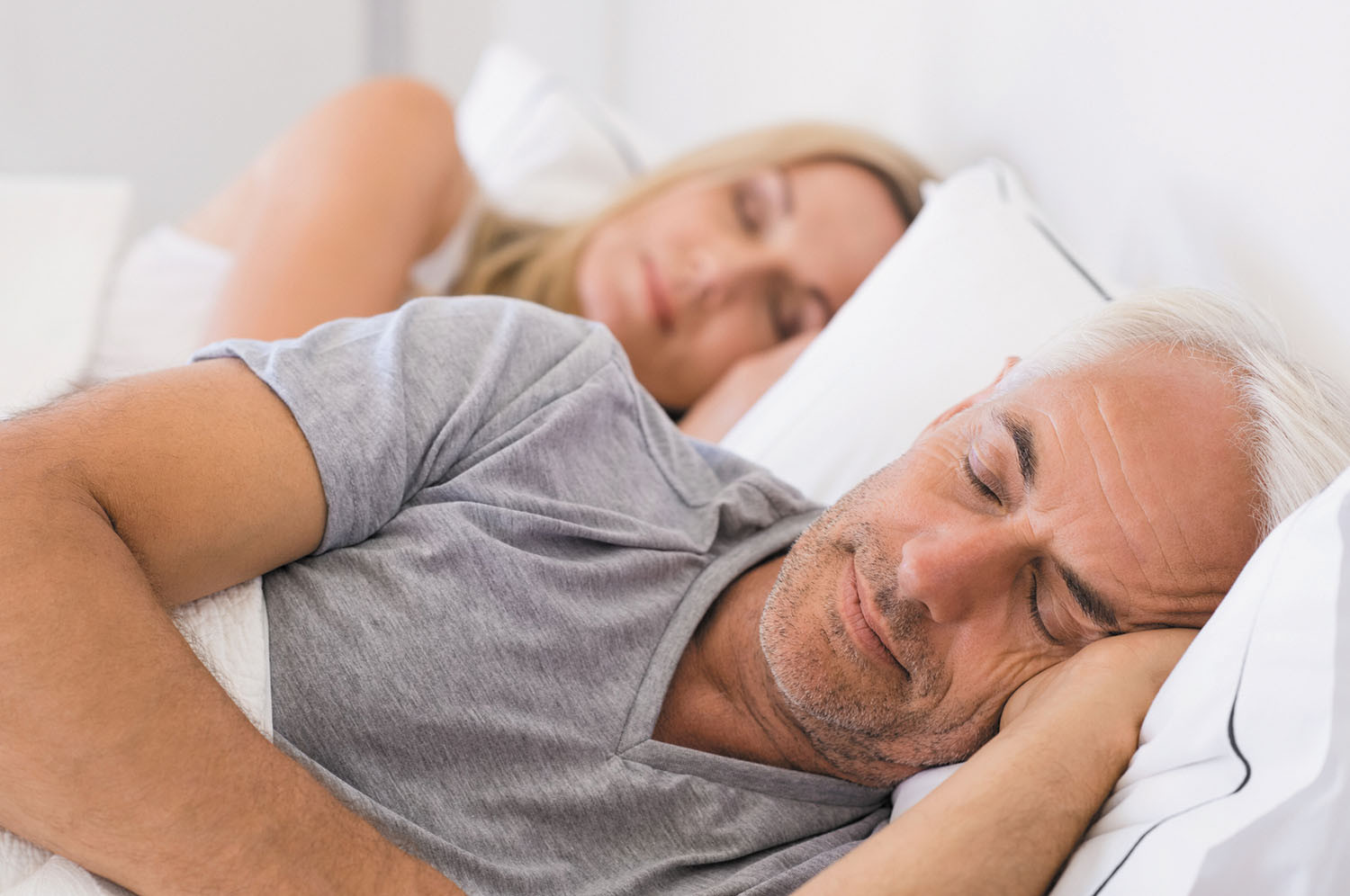
Daily cup of coffee may prevent afib recurrence

Gene-editing therapy lowers harmful blood fats in early study

What is EMDR therapy, and who can it help?

GLP-1 drugs versus bariatric surgery for treating obesity

Trying to lose weight? Be careful not to lose muscle

Two dumbbells, three exercises, and 10 minutes

Easing the emotional burden of IBS

Modify your push-ups to meet your fitness level

What is long QT syndrome?

Stroke survivors may benefit from very low LDL levels
Sleep Archive
Articles
Harvard study: Fish oil doesn't prevent depression
A large, randomized Harvard study published online Dec. 21, 2021, by JAMA found that taking fish oil supplements didn't prevent depression in otherwise healthy older adults.
Do allergies make snoring worse?
Allergies that cause nasal congestion, sneezing, and a runny nose (what doctors call allergic rhinitis) can cause more frequent and louder snoring. Treating allergic rhinitis can reduce snoring and other symptoms related to poor-quality sleep.
Treating insomnia may head off depression
Treating insomnia with cognitive behavioral therapy (CBT-I) may reduce the risk of depression in older adults. CBT-I seeks to modify thoughts and habits to improve sleep. It outperformed a more traditional insomnia treatment, sleep education therapy (SET), which seeks to change environmental factors and behaviors that contribute to poor sleep.
Can we prevent depression in older adults by treating insomnia?
Depression is common among older adults, and insomnia doubles the risk of major depressive disorder. There is increasing evidence that treating insomnia in older people who have both insomnia and major depression has the potential to improve both their sleep and their mood.
The best bedtime for heart health?
People who fall asleep between 10 and 11 p.m. may be less likely to develop heart disease than those who start their slumber earlier or later.
Dragging your feet? You may need to catch up on sleep
Getting adequate sleep may help improve a person's gait, and catching up on short sleep may help people avoid walking problems usually caused by fatigue.
Shield your brain from decline
The acronym SHIELD sums up the habits that may help ward off cognitive decline. SHIELD stands for sleeping at least seven hours per night, handling stress, interacting with friends, exercising daily, learning new things, and eating a healthy diet. Ideally, one should incorporate all of these healthy lifestyle habits into each day. If that feels overwhelming, doctors advise focusing on a different healthy habit per day, until it's possible to practice all of the habits every day.
Naps: Make the most of them and know when to stop them
How much sleep keeps cognitive decline at bay?

Daily cup of coffee may prevent afib recurrence

Gene-editing therapy lowers harmful blood fats in early study

What is EMDR therapy, and who can it help?

GLP-1 drugs versus bariatric surgery for treating obesity

Trying to lose weight? Be careful not to lose muscle

Two dumbbells, three exercises, and 10 minutes

Easing the emotional burden of IBS

Modify your push-ups to meet your fitness level

What is long QT syndrome?

Stroke survivors may benefit from very low LDL levels
Free Healthbeat Signup
Get the latest in health news delivered to your inbox!
Sign Up











